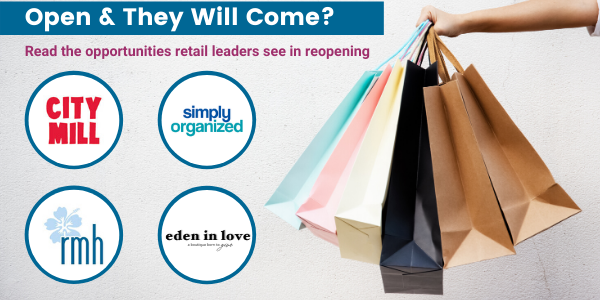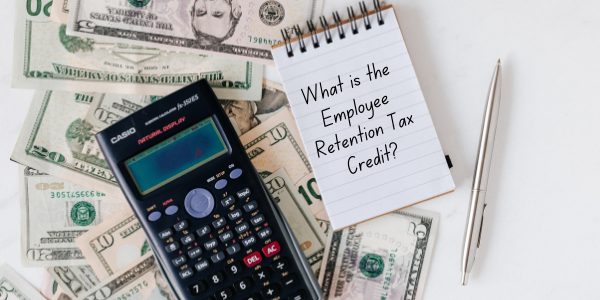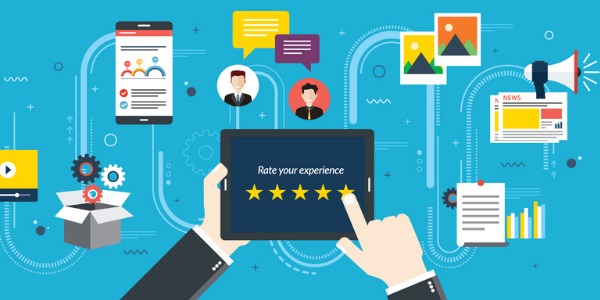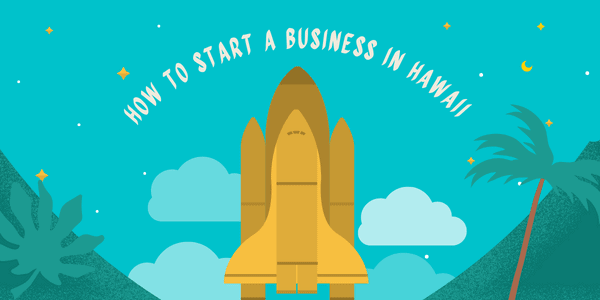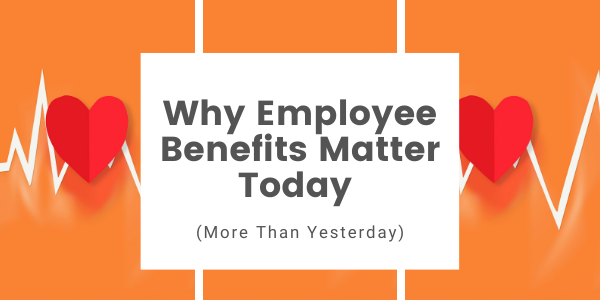5 Trends Reshaping the Work of HR in Hawaii
HR as we know it has changed, especially here in paradise. It might be difficult to pinpoint why and how things have shifted, or when it started to feel different, but if you’ve been in business long enough, you know that managing employees, labor costs, and HR tasks today is a very different challenge compared to years ago.
But what’s the cause for this change? Are Millennials the culprit? (hint: No, we don’t think so). Is Hawaii’s tricky business landscape to blame?
There simply is no silver bullet.
So, as business people, how are we to tackle the changes in HR today? First, we must acknowledge trends (and challenges) in our local marketplace. And second, we must see and seize the opportunity to create change (or evolve) in the face of challenges.
At ProService, we think we can help. Here are five trends that are reshaping the work of HR in Hawaii, plus one partnership opportunity that can change the way you manage HR altogether, for those willing to re-imagine the status quo. Let’s dig in.
By now, most of us have heard that unemployment is at a record low. At about 2%, Hawaii has the lowest unemployment rate in the nation. If you’re struggling to find good talent, this is why: 98% of the talent pool is already employed. But did you know that this talent shortage isn’t about to go away? The U.S. faces one of the most alarming talent crunches of any country in a recent study, with 10,000 Baby Boomers reaching retirement each day for the next 19 years.
Turnover is high (and the numbers can be shocking). On average, the cost of a bad hire can be 30% of a person’s annual salary; and 48% of all new hires need to be replaced within 18 months. With low unemployment and high turnover (almost 17% in Hawaii), it’s an employee’s market and employers are needing to navigate new retention strategies in order to keep their best people.
Labor costs—which includes wages, but also employee benefits, insurance, taxes, admin, and more—can account for up to 70% of your total business expenses. And with Hawaii’s cost of living being the highest in the country, it means that local workers are looking for higher wages and better benefits, just to get by. We need not look much further than Hawaii’s current minimum wage debate.
Labor laws touch every aspect of your business, from the way you hire and fire, to how you manage payroll, benefits administration, and more (e.g. Have you heard of Hawaii’s salary history ban that took effect on Jan.1, 2019?). And Hawaii, in particular, is a highly regulated environment that’s ever-changing.
For example, in 2016 Hawaii increased fines for non-compliances with workers’ compensation requirements from $10 to $100 per employee per day. TDI penalties saw and every bigger hike—from $1 to $100 per employee per day. Additionally, the average cost of an employee-related lawsuit in the U.S. is $150,000 according to the Small Business Administration. That’s enough to sink many small businesses.
In Hawaii specifically, Millennials and GenZers now make up around 30% of the workforce, while the percentage of older workers (over the age of 55 years old) is actually growing faster than other groups, according to the Department of Labor. This means you might have young professionals and seasoned talent working side-by-side, and new pressures to take care of a workforce that has increasingly diverse needs (and motivators).
Do these HR trends and challenges sound familiar to you? It’s what makes attracting, hiring, retaining and managing your people (and your business) all the more time consuming, inefficient, and costly to navigate.
If you’re not excited about navigating these nuances on your own, perhaps it’s time to re-imagine the way you do HR. The good news is there’s a solution: the answer is HR partnerships.
Today many companies in Hawaii are turning to all-in-one HR partnerships to handle the complexities of HR, get ahead of their competition, and find hidden cost savings where they’d least expect it.

With an HR partner, you have a strategic business partner that understands your business, knows your unique HR needs, and plays an active role in helping you achieve your goals. At ProService Hawaii, this is what we do—HR is our business. Talk to us and see how we can help.
Want to learn more? Download our free ebook to explore how HR partnerships benefit businesses in Hawaii (and answers to other frequently asked questions).


